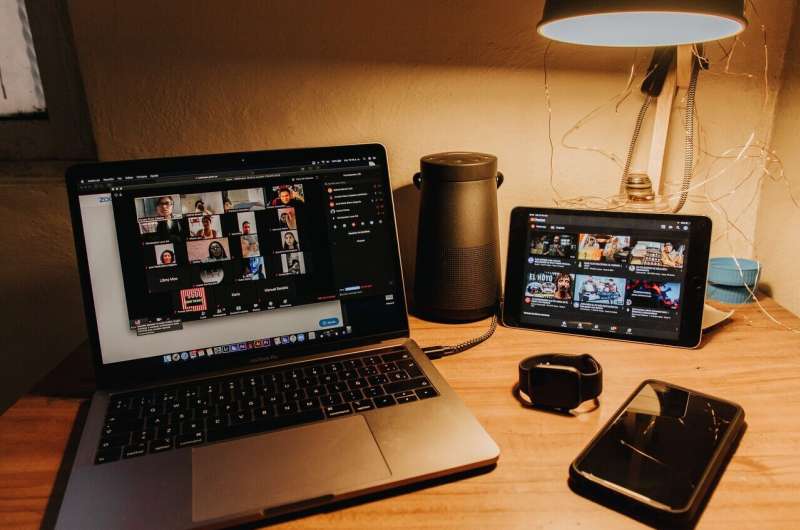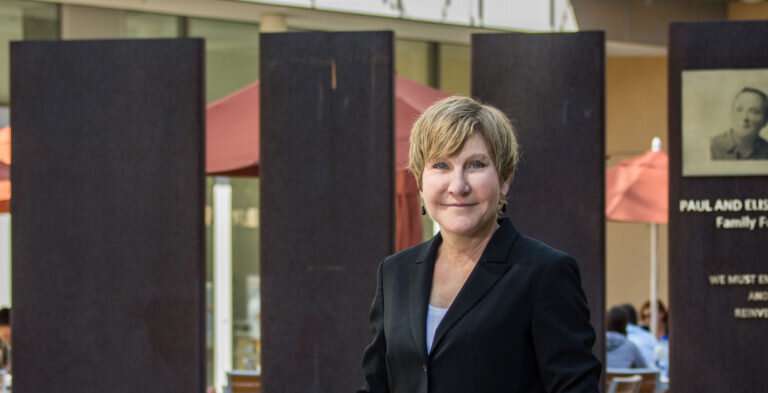Credit: Unsplash/CC0 Public Domain
Millions of adults in the U.S. join online support groups to help them attain health goals, ranging from weight loss to smoking cessation. In their quest to make connections, members have a tendency to hide demographic differences, concerned about poor social integration that will weaken interpersonal ties. However, according to a recent study led by the University of California, Irvine, sharing this information is beneficial rather than detrimental.
"Our findings indicate a striking discrepancy between people's perception of self-disclosure effects and the reality in online support groups. Members tended to refrain from revealing when they were demographically different from their interaction partner or had overall minority status, believing it would hinder them from fitting in or relating well to others. But when members naturally engaged in communicating those details, the result was strong relationships that produced health benefits," said Connie Pechmann, UCI professor of marketing and lead author of the study.
“Our findings indicate a striking discrepancy between people’s perception of self-disclosure effects and the reality in online support groups,” says Connie Pechmann, UCI professor of marketing and lead author of the study. “We discovered that connections are strengthened and goal attainment is facilitated when people naturally engage in self-disclosure in ongoing dialogue.” Credit: Jeanine Hill / UCI
Hosting support groups is an important part of business for online platforms such as Facebook and Instagram because it enables advertising and promotion precisely targeted to users. However, initial interest in groups tends to wane and members disengage, so these virtual communities routinely struggle to realize their potential. "Given that people join with the explicit purpose of exchanging encouragement and engagement, the failure to build connections to help achieve goals is puzzling," Pechmann said. "Our team examined the relationship between disclosing demographic diversity and the failure to build strong social ties in an effort to identify remedies to this problem."
For the study—forthcoming in the Journal of Consumer Psychology—researchers analyzed user data from eight Twitter smoking cessation support groups and two lab-controlled weight loss support groups, as well as one lab-controlled COVID-19 support group. Online membership is typically more diverse than in person due to broader geographic reach. Previous studies have shown that in face-to-face interactions, demographic differences routinely hinder interpersonal connections, so when trying to fit in with others online, users may choose to avoid sharing that information.
"We discovered that connections are strengthened and goal attainment is facilitated when people naturally engage in self-disclosure in ongoing dialog. Social ties in online groups are not weak because members are diverse but because they're reluctant to reveal it," Pechmann said. "A viable solution to overcoming engagement weakness is to encourage members to share personal demographic information, even if they're different. When they do, we found, it actually breeds interpersonal connection."
More information: Cornelia (Connie) Pechmann et al. Perceived Costs versus Actual Benefits of Demographic Self‐Disclosure in Online Support Groups, Journal of Consumer Psychology (2020). DOI: 10.1002/jcpy.1200
Journal information: Journal of Consumer Psychology
Provided by University of California, Irvine
























